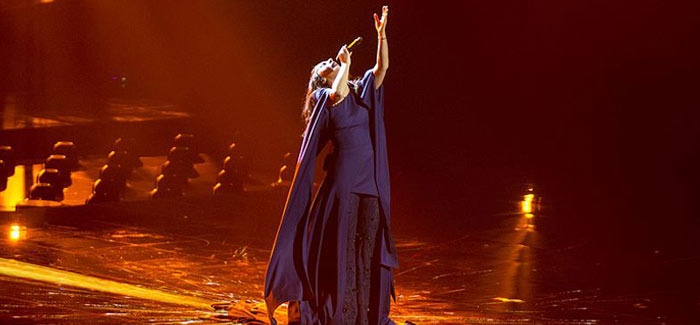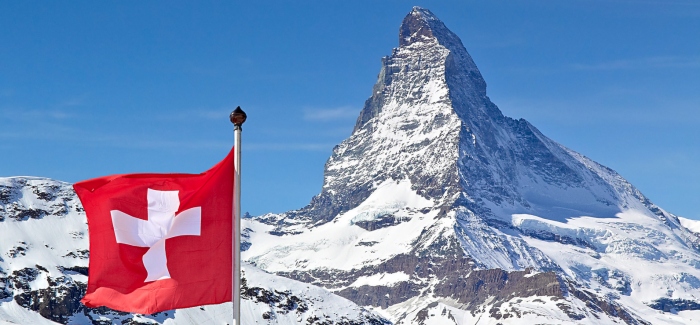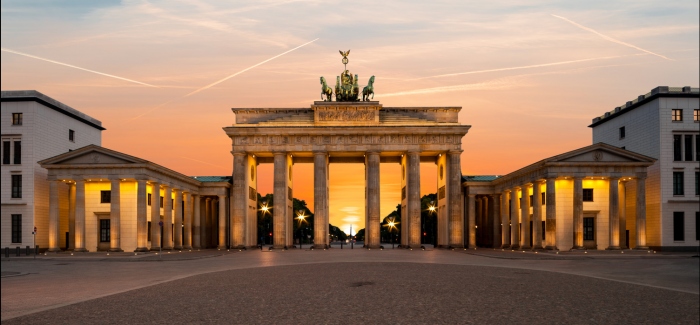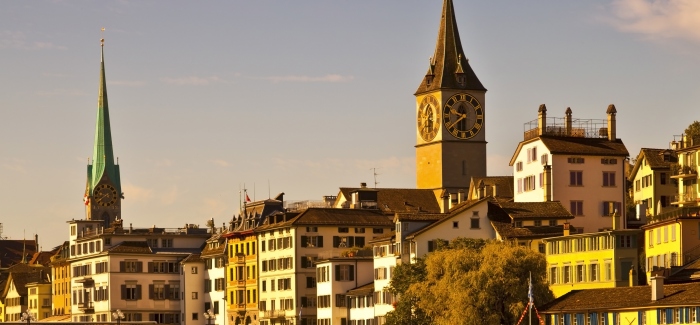This article is sponsored by John Cabot University. Read more about the university’s political education programs >
Italy has been a political and cultural Mecca for more than two millennia. From the great Roman Empire to its current prominent role on the world stage as a founding member of the G8, Italy’s fascinating political history makes it an ideal location to study political science and international affairs.
As an American university located in Rome, Italy, John Cabot University provides its students with a unique political education and opportunities to study political science and international affairs in context. Students not only read Niccolo Machiavelli’s political theories in textbooks, but also walk along the streets of the former Italian city-states he analyzed. They learn about World War II by exploring Italian war sites and taking weekend trips to experience the remains of concentration camps firsthand. Our location in Italy’s capital gives students a front row seat to both Italy’s and the European Union’s fascinating political and economic situations.
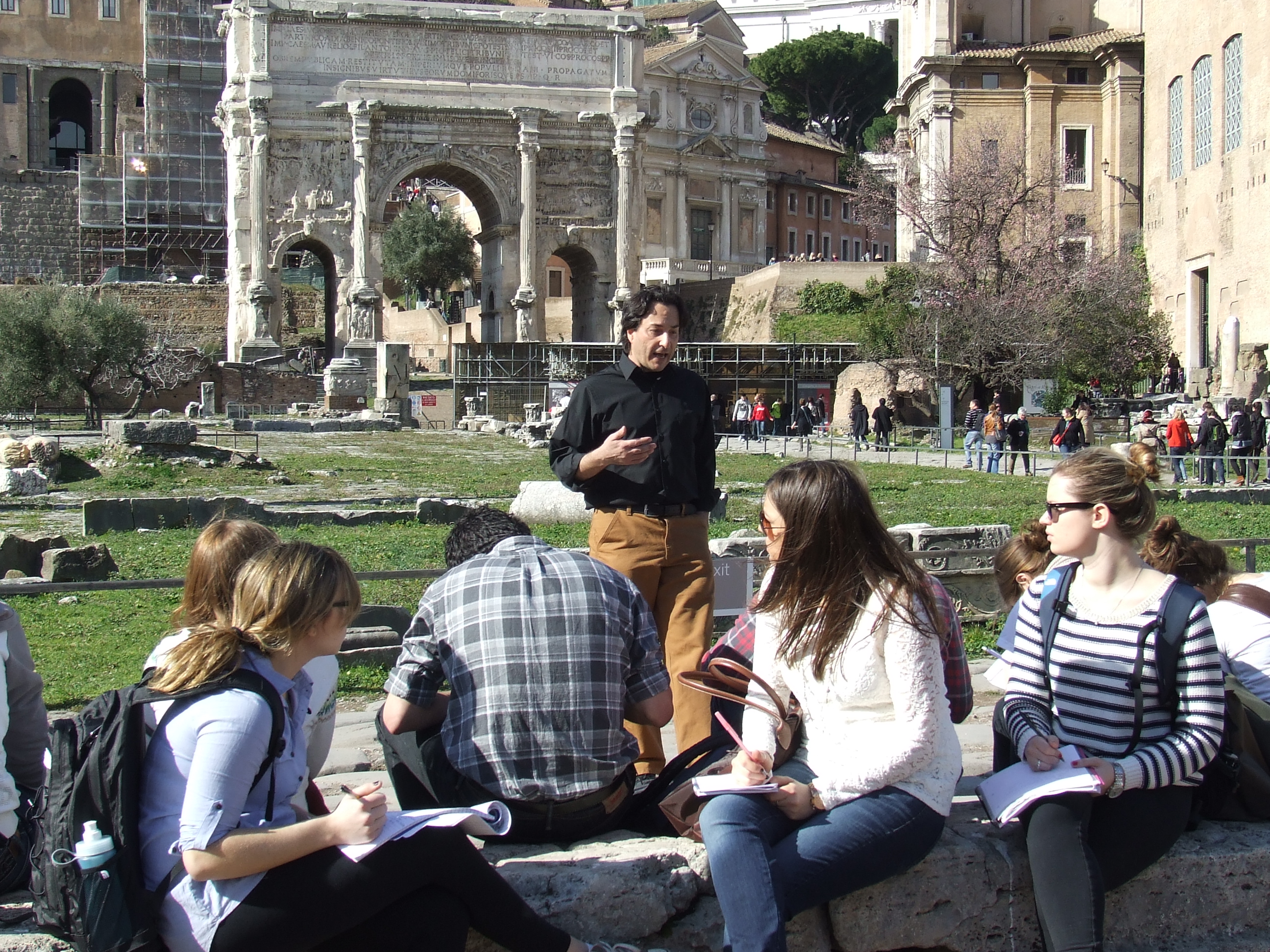 An ideal location for a political education
An ideal location for a political education
While intellectually challenging, studying international affairs in such a politically important and culturally diverse setting is truly a uniquely satisfying experience. Selina Strawley (’15), an international affairs major from the US, noted that “International affairs at John Cabot has given me a broader view of the world. My classmates represent a variety of nationalities, and I have been able to learn from their perspectives in the classroom and by traveling with friends to their hometowns in Morocco and Italy, I have been able to experience their cultures firsthand.”
John Cabot University provides students with a holistic foundation in international affairs, complemented by its location in such a politically prominent city. Students study national governments, international institutions and the processes by which international affairs are conducted, with particular focus on the forces which influence national and international policies.
Professors incorporate real-life examples from Italian and European politics into class discussions, and the diverse nationalities represented in our classrooms result in conversations that force students to reexamine their preexisting biases and ethnocentric thought patterns so that they may view the world through a multilateral lens.
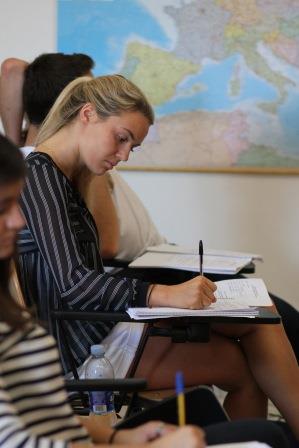 A leading department of political science
A leading department of political science
The faculty members at John Cabot University’s department of political science and international affairs are undoubtedly the cornerstones of the program. Professor Sensi boasts a PhD in Political Science from Rutgers University, a law degree from Harvard Law School, fluency in three languages, and a fascinating career that has allowed him to live in the US, the Middle East and Europe. Students learn from his vast experience through John Cabot’s small classes and through “Pizza and Politics”, a popular group he leads throughout each semester to discuss political events over lunch.
Professor Driessen earned his PhD in Political Science from the University of Notre Dame and was a resident post-doctoral fellow at Georgetown University’s Center for International and Regional Studies in Doha, Qatar from 2011 to 2012. Professor Driessen teaches courses on religion and politics, comparative politics, Middle East studies and peace studies, and is currently organizing a conference on Rethinking Political Catholicism, which will be hosted at John Cabot University in May.
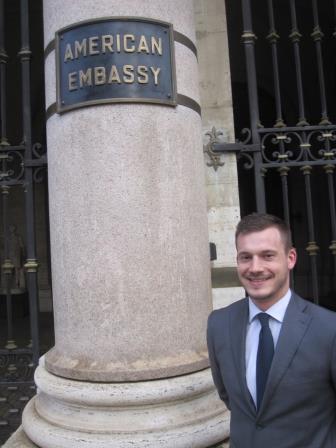 Opportunities for political science internships
Opportunities for political science internships
The political science internships completed by John Cabot University students truly set them apart as they enter the job market. Leonardo Quattrucci (’13), who is currently pursuing a Master of Public Policy at Oxford University, held internships with both the Italian parliament and the US Embassy as an undergraduate at JCU. He noted that his political science internships were “fundamental factors in my present and future development, both professionally and personally.”
Students may also interact politically on campus by interning with the Guarini Institute of Public Affairs, which organizes lectures and seminars aimed at enhancing knowledge and understanding of challenges facing the world today. Max Harden described his internship experience as “invaluable in exposing me to world issues and areas of study that I previously had little to no interest in.” In addition, many international organizations and nonprofit foundations are based in Rome, allowing students to intern with organizations as prestigious as the World Food Program, the International Development Law Organization and UNICEF.
Studying political science in Rome allows students to not only gain a comprehensive education in international affairs, but to experience a front seat in Italian, European and international politics. For students who wish to extend their political education beyond textbooks, the undergraduate experience at John Cabot is truly a special experience.
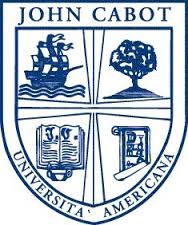 This article is sponsored by John Cabot University. For more information about studying political science or international affairs in Rome, contact the university admissions service.
This article is sponsored by John Cabot University. For more information about studying political science or international affairs in Rome, contact the university admissions service.
